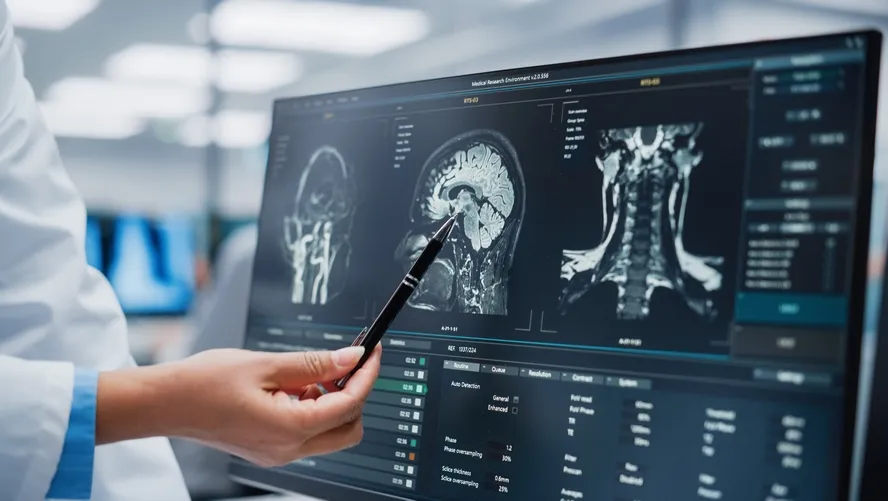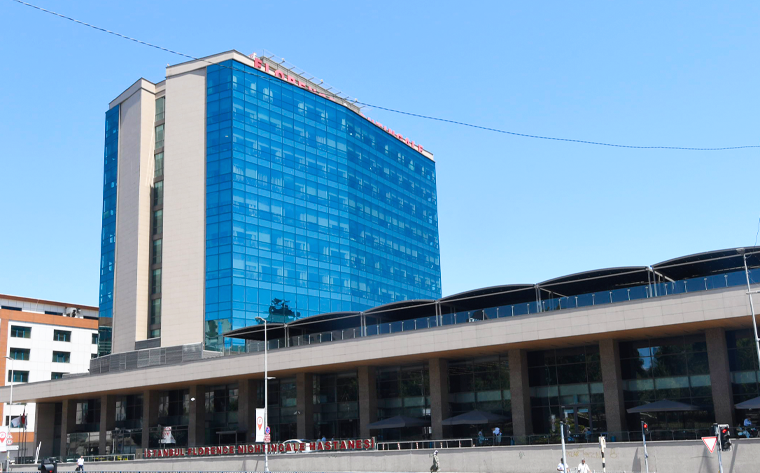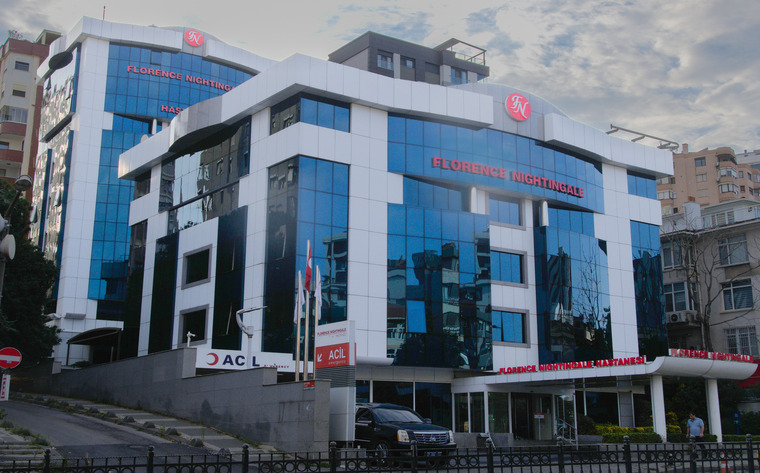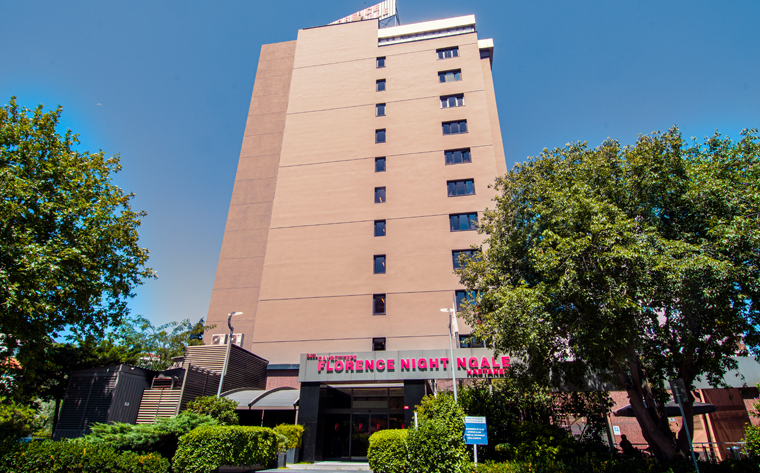
Brain and nerve surgery is a branch of medicine that covers surgical and some non-invasive treatments of the central and peripheral nervous system. Also known as neurosurgery, this field includes various surgical procedures on the brain, spinal cord, spine and peripheral nerves. Neurosurgery plays an important role in the treatment of many diseases such as brain tumors, cerebrovascular diseases, spinal cord injuries, epilepsy, and Parkinson's disease.
About the Department of Brain and Nerve Surgery
The department of brain and neurosurgery is equipped with advanced technology and equipment that requires expertise. Health professionals working in this department closely monitor the diagnosis, treatment and recovery processes of patients. Equipped with the facilities offered by modern medicine, this department uses the latest techniques and methods to help patients regain their health.
Who is a Brain and Nerve Surgery Specialist and What Are Their Duties?
Brain and neurosurgery specialists are doctors who have received specialized training in neurosurgery after medical education. These specialists diagnose and treat diseases of the brain and nervous system. Their duties include surgical interventions, monitoring the condition of patients, managing the rehabilitation process and providing information to patients' relatives.
What Diseases Does Brain and Nerve Surgery Cover?
Brain and nerve surgery (neurosurgery) is a branch of medicine that specializes in the surgical treatment of diseases of the central and peripheral nervous system. The diseases treated within this scope are quite diverse:
1. Brain Tumors
Brain tumors can be either benign or malignant. Neurosurgeons treat these tumors by surgical removal, radiosurgery, or other treatment methods.
2. Spine and Spinal Cord Tumors
Tumors that occur in the spine and spinal cord are also included in the field of neurosurgery. These tumors can cause changes in the structure of the spine and pressure on the nerves, which can cause serious pain and neurological problems.
3. Cerebrovascular Diseases
Cerebrovascular diseases include cerebral aneurysms, arteriovenous malformations (AVMs), cavernous malformations, and stroke. These conditions can lead to cerebral hemorrhage or ischemic damage and may require emergency surgery.
4. Head Traumas
Traumatic brain injuries can occur as a result of traffic accidents, falls, or sports injuries. These types of injuries can lead to increased intracranial pressure, bleeding, and brain damage. Neurosurgeons play a role in the emergency treatment of these injuries.
5. Spinal Cord Injuries
Spinal cord injuries can result from nerve damage due to spinal fractures or dislocations. These injuries can cause loss of movement and sensation and may require emergency surgery.
6. Epilepsy
Epilepsy is a brain disease characterized by recurrent seizures. In patients who do not respond to medical treatments, neurosurgeons try to control seizures with epilepsy surgery.
7. Parkinson's Disease and Movement Disorders
Parkinson's disease and other movement disorders can be treated with surgical procedures such as deep brain stimulation (DBS), which aims to control patients' symptoms through electrodes placed in specific areas of the brain.
8. Hydrocephalus
Hydrocephalus is a condition characterized by the accumulation of cerebrospinal fluid (CSF) within the brain. It is treated with surgical procedures such as shunt placement.
9. Peripheral Nerve Diseases
Conditions where peripheral nerves are compressed and damaged, such as carpal tunnel syndrome and ulnar nerve compression, can be treated by neurosurgery. These diseases may require surgical interventions to release or repair the nerves.
10. Congenital Anomalies
Congenital nervous system anomalies such as spina bifida may require neurosurgical interventions in childhood. These anomalies can cause structural disorders of the nervous system and may require surgical correction.
Brain and nerve surgery plays a vital role in the treatment of these and many similar diseases. Neurosurgery specialists use the most up-to-date and effective treatment methods to improve the quality of life of patients and help them regain their health.
What are Brain and Neurosurgery Examinations?
Brain and neurosurgery examinations are shaped according to the complaints of the patients. It usually starts with a neurological examination and evaluates parameters such as the patient's reflexes, muscle strength, sensory status, balance and coordination. If deemed necessary, advanced imaging techniques such as magnetic resonance imaging (MRI), computerized tomography (CT), and electroencephalography (EEG) are used.
What Methods Are Used in the Treatment of Brain and Neurosurgical Diseases?
Various methods are used in the treatment of neurosurgical diseases. Surgical interventions vary depending on the type and location of the disease. Microsurgical techniques, endoscopic surgery, radiosurgery (Gamma Knife, CyberKnife) and minimally invasive surgical methods are frequently used techniques. In addition, medical treatments and physical therapy methods play an important role in the treatment of some diseases.
When Should You Go to the Brain and Neurosurgery Department?
Conditions that require a visit to the neurosurgery department include severe headaches, seizures, balance and coordination disorders, persistent and progressive muscle weakness, loss of consciousness, severe back pain, and spinal cord injuries. Patients experiencing such symptoms should immediately see a specialist neurosurgeon.
What is Done During a Brain and Neurosurgery Examination?
During the examination, the patient's medical history is first taken in detail. Then, a neurological examination is performed. The patient's reflexes, muscle strength, sensory functions, coordination and mental status are evaluated. If deemed necessary, advanced imaging methods and laboratory tests are applied. During this process, the patient is informed about his/her general health status and treatment options.











